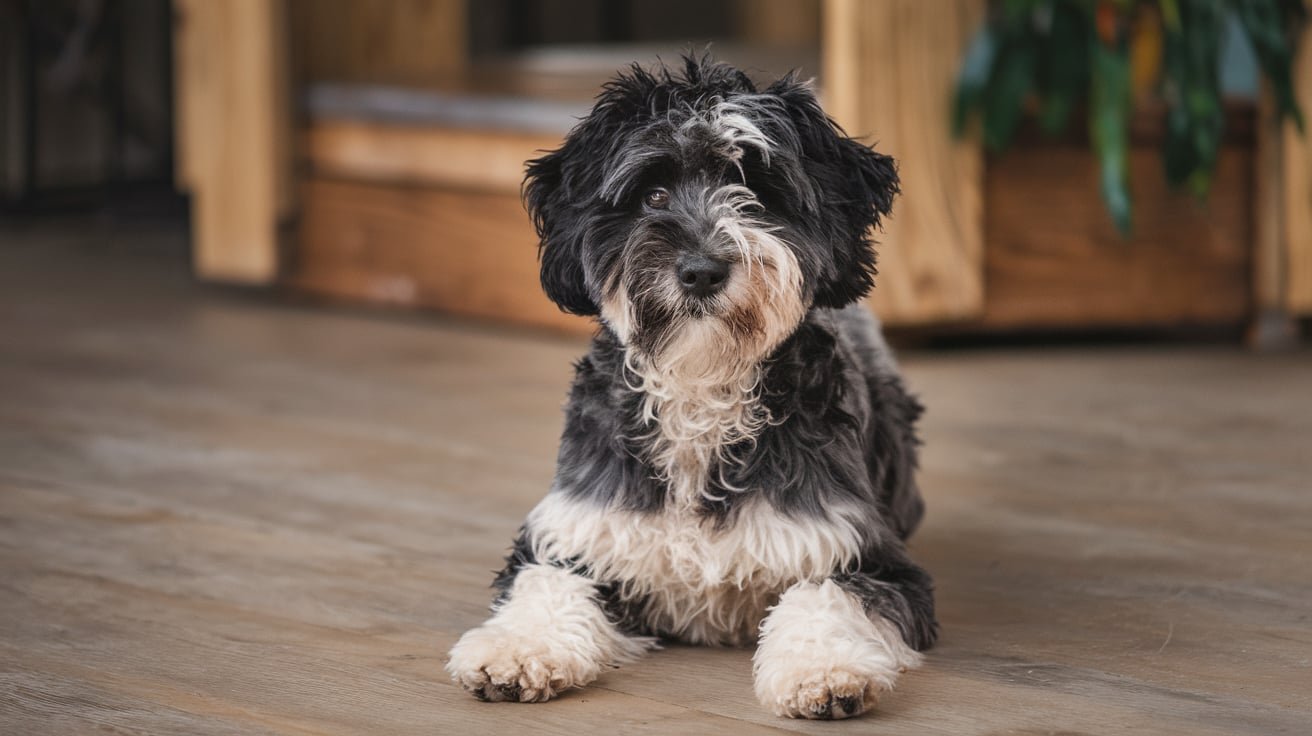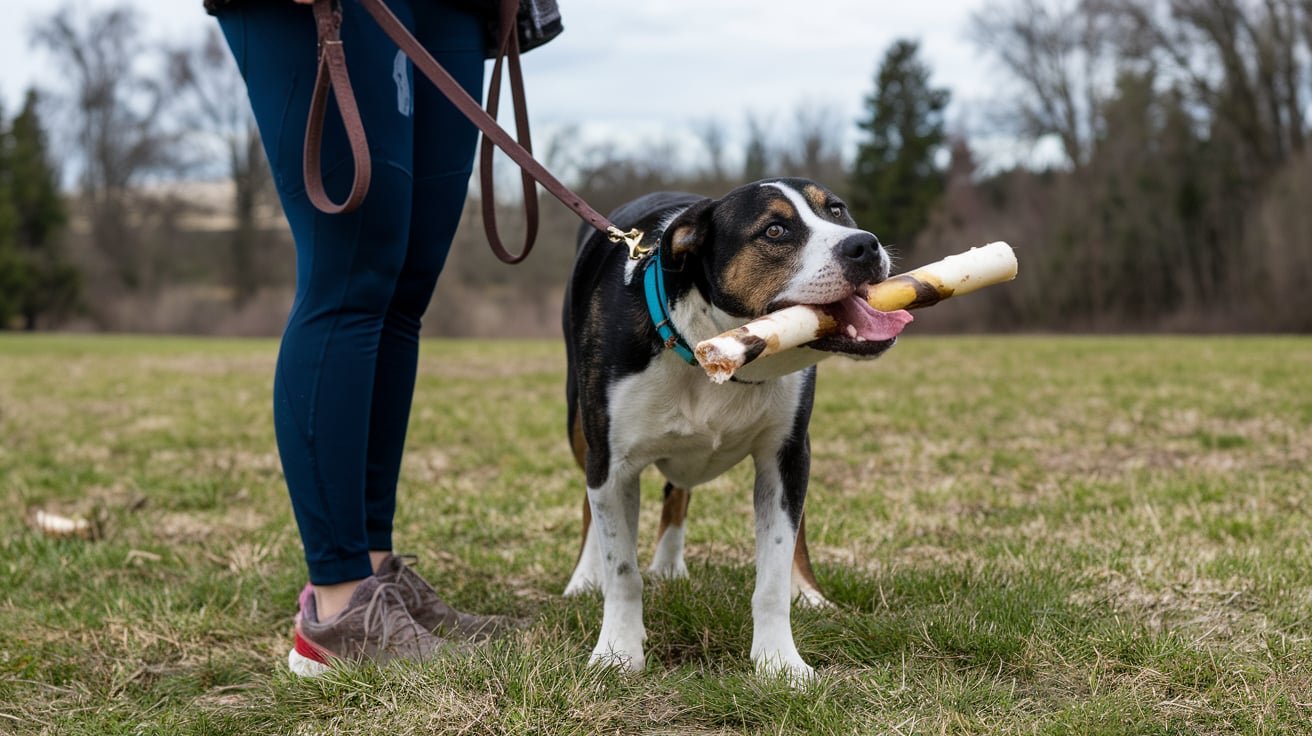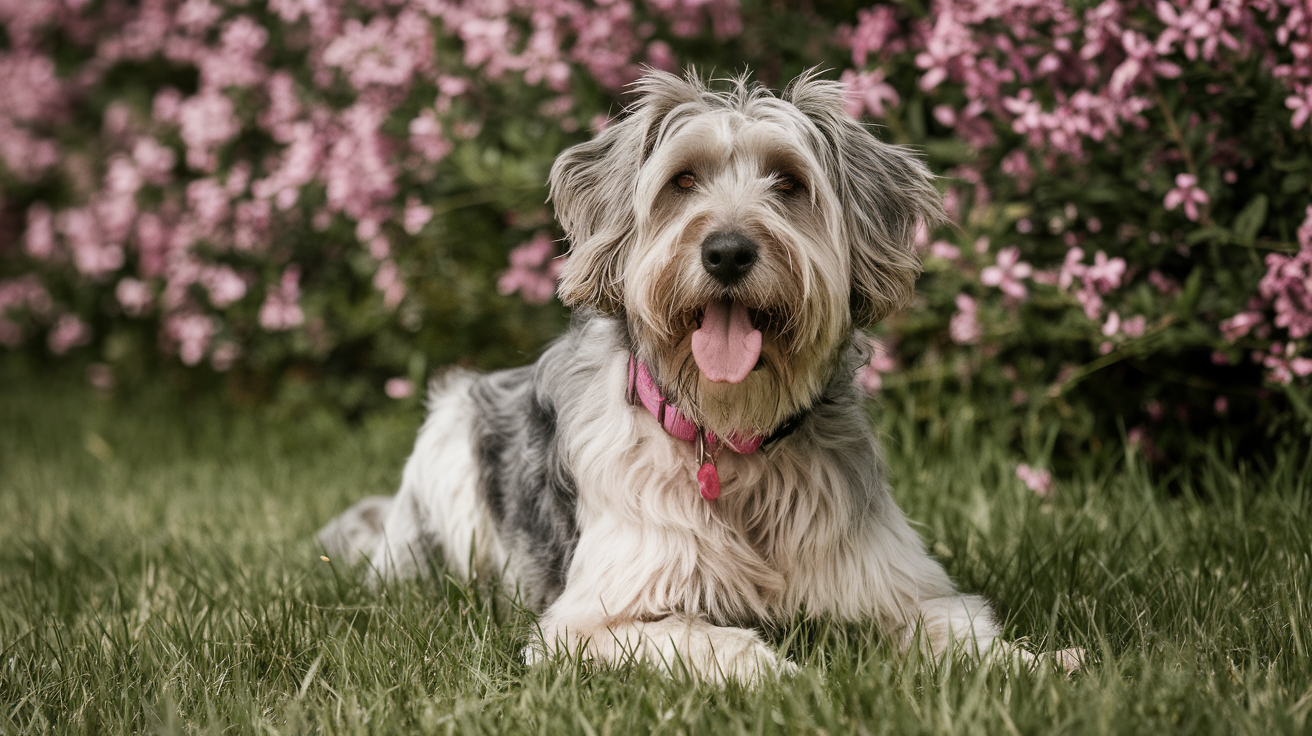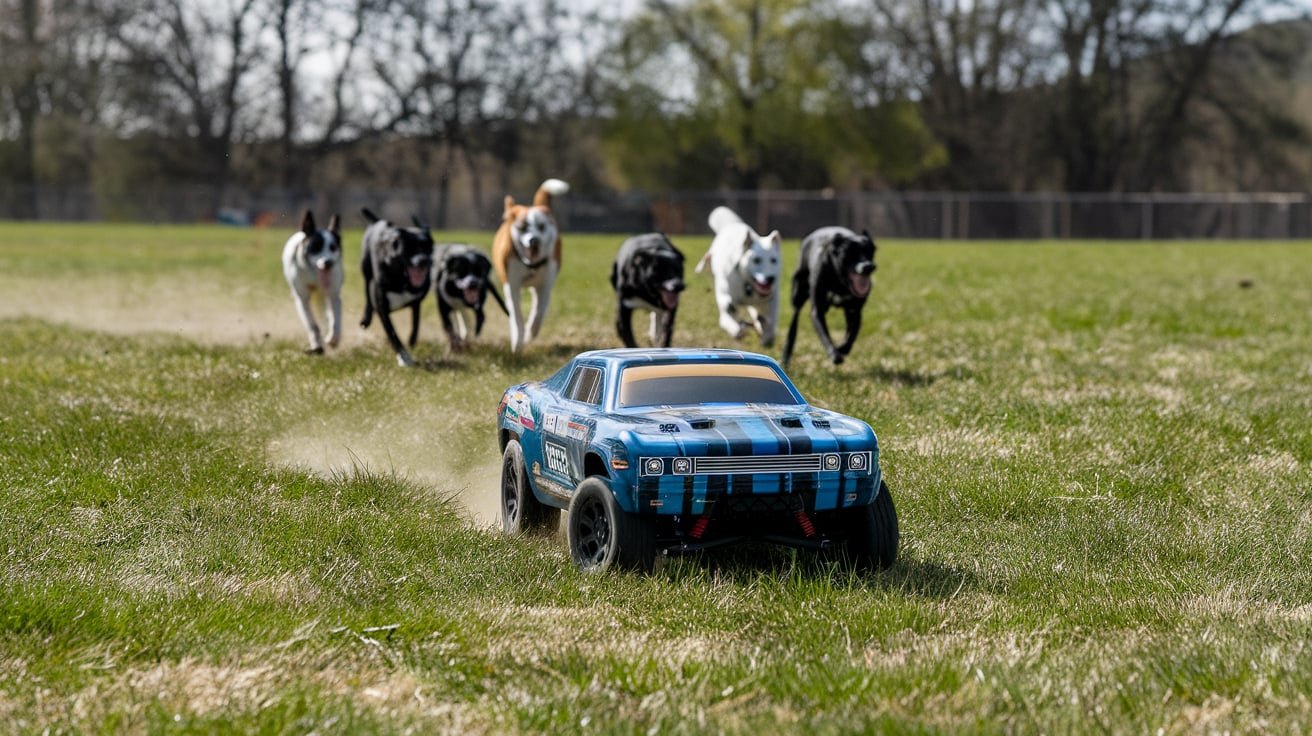Finding dog breeds that don’t shed is ideal for those who love dogs but want to keep fur around the house to a minimum. In this article, we’ll dive into some of the top low-shedding dog breeds that are suitable for UK households, including small and large dogs, grooming tips, and steps to keep a clean, allergy-friendly home.
Why Choose Dog Breeds That Don’t Shed?
Opting for dog breeds that don’t shed comes with some valuable benefits, especially for busy households or people who suffer from allergies. Here’s why a low-shedding breed might be right for you:
- Reduced Mess: Dogs that shed less keep your home cleaner with less hair on floors, furniture, and clothing.
- Easier for Allergy Sufferers: Non-shedding dogs generally release fewer allergens, making them more suitable for people with mild pet allergies.
- Less Grooming Effort: While non-shedding dogs do need regular grooming, they generally won’t leave clumps of fur around the house.
Top Dog Breeds That Don’t Shed for UK Families
Let’s explore some of the best dog breeds that don’t shed or shed very little. We’ll discuss each breed’s personality, suitability for family life, and grooming requirements.
1. Poodle: A Classic Non-Shedding Dog Breed
Poodles are famous for their low-shedding, hypoallergenic coat. With sizes ranging from toy to standard, poodles are adaptable and make excellent companions. Poodles are also highly intelligent, making training easy for families.
Anecdote: A family friend with a toy poodle named Luna swears by the breed for its cleanliness and gentle temperament. Despite mild dog allergies, Luna’s low-shedding coat means the whole family can comfortably spend time with her.
2. Bichon Frise: A Small, Friendly Dog Breed That Doesn’t Shed
The Bichon Frise is a small, cheerful breed known for its curly, low-shedding coat. They’re popular in the UK for their playful nature and adaptability to different living spaces. Bichons are hypoallergenic, but they do require regular grooming to prevent matting.
3. Maltese: A Lap Dog Breed That Doesn’t Shed Much
Maltese dogs are known for their soft, white coats and affectionate personality. Their coat is low-shedding and tends to release fewer allergens than other breeds. Maltese dogs are often considered lap dogs, making them ideal for those looking for a smaller, loving companion.
4. Shih Tzu: A Low-Shedding Dog Breed with a Beautiful Coat
The Shih Tzu is a small dog breed known for its luxurious coat that sheds very little. Shih Tzus are adaptable and friendly, making them suitable for families or singles alike. However, they require regular brushing to keep their long coat tangle-free and looking its best.
5. Yorkshire Terrier: A Low-Shedding Dog Breed Perfect for Small Spaces
The Yorkshire Terrier, or Yorkie, is a small, non-shedding dog breed with a personality that’s much bigger than its size! Yorkies are low-shedding, with a coat that resembles human hair, and they make fantastic companions for smaller homes or apartments.
6. Portuguese Water Dog: An Active Dog Breed That Doesn’t Shed Much
If you’re looking for a medium to large dog breed that doesn’t shed, consider the Portuguese Water Dog. Their curly, waterproof coat sheds very little, and they’re known for their active, loyal nature. This breed is excellent for families who love outdoor activities.
7. Basenji: A Unique, Low-Shedding Dog Breed
The Basenji is known as the “barkless dog” due to its unique vocalizations, but it’s also a great dog breed that doesn’t shed much. Basenjis are intelligent, independent, and have a short coat that requires minimal grooming, making them a good choice for busy households.
Caring for Dog Breeds That Don’t Shed
While dog breeds that don’t shed release minimal hair, they still need regular care to keep their coat and skin healthy. Here are some tips:
1. Brush Regularly
Non-shedding dogs benefit from regular brushing to prevent matting and maintain a soft coat. For dogs like the Poodle and Bichon Frise, weekly brushing is recommended, while short-coated breeds like Basenjis may only need brushing every few weeks.
2. Bath as Needed
Bathing helps reduce dander, which can be helpful for those with allergies. Aim to bathe your dog once a month using a mild, hypoallergenic shampoo to keep their coat clean and allergen-free.
3. Schedule Professional Grooming
For breeds with longer coats, such as the Shih Tzu or Maltese, professional grooming every 4-6 weeks can help manage coat length and prevent tangling.
Tips for Keeping a Clean Home with Dog Breeds That Don’t Shed
Even with a non-shedding breed, regular cleaning can help reduce allergens in the home. Here’s how:
- Use Air Purifiers: Air purifiers with HEPA filters can help remove pet dander from the air.
- Vacuum Regularly: A vacuum with a HEPA filter works best for trapping any loose hair or dander on floors and furniture.
- Clean Dog Bedding: Regularly wash your dog’s bedding and blankets to keep allergens in check.
Frequently Asked Questions About Dog Breeds That Don’t Shed
Do dog breeds that don’t shed require less grooming?
Not necessarily. While dog breeds that don’t shed may not leave fur around the house, many of them have coats that require regular brushing and professional grooming.
Are non-shedding dogs hypoallergenic?
No dog breed is truly hypoallergenic, but low-shedding breeds like Poodles and Bichon Frises are often recommended for people with mild allergies.
What are some small dog breeds that don’t shed much?
Small dog breeds that don’t shed include the Yorkshire Terrier, Shih Tzu, and Maltese, all of which are great for apartment living.
Conclusion: Find the Right Dog Breed That Doesn’t Shed for Your Lifestyle
Choosing dog breeds that don’t shed can make pet ownership cleaner and more allergy-friendly, offering the companionship of a dog without the extra mess. Whether you’re looking for a small Yorkie or a more active Portuguese Water Dog, there are non-shedding breeds to suit every family in the UK.
For further guidance on low-shedding breeds or tips on pet care, explore resources from the Dogs Family Kennel Club and Dogs Trust.



